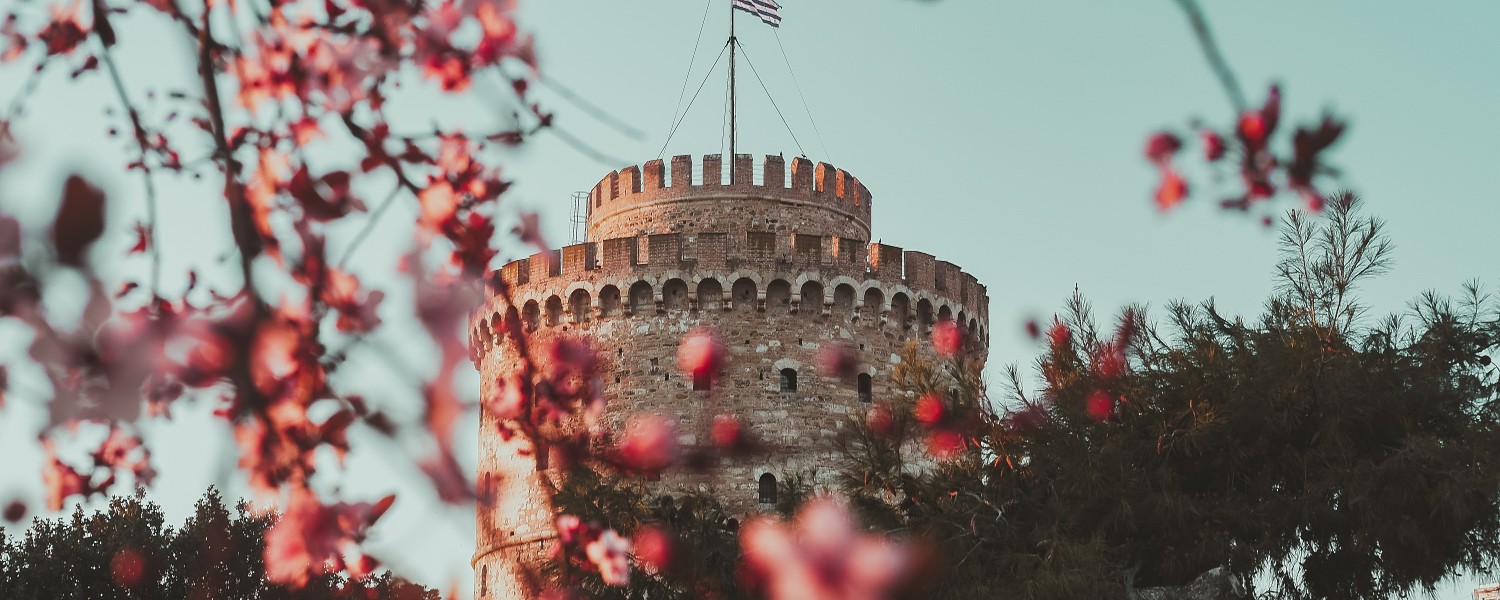Section in Thessaloniki
Do & See
Thessaloniki is home to numerous historic sights, including The White Tower, once a part of the ancient walls that protected the city. The romantic alleyways and streets make Thessaloniki a perfect destination for romantics and explorers of all ages.
Read more


















